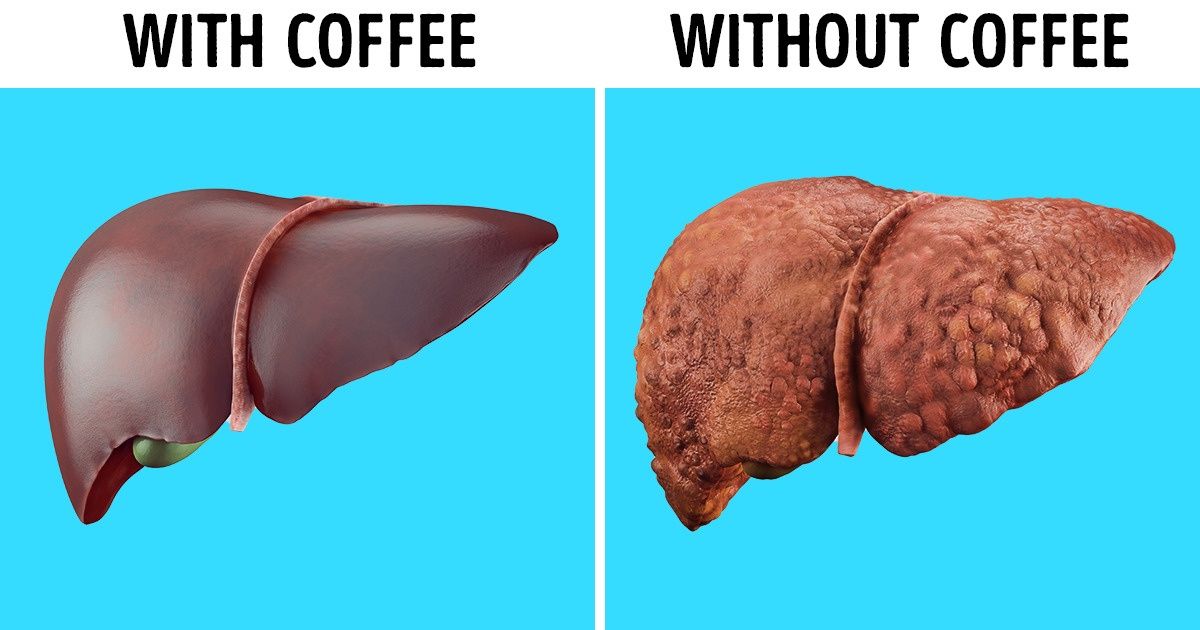Worried about the cost of dental implants or the hassle of scheduling root canal treatment? With a proactive home oral hygiene routine, you can dramatically reduce your risk of cavities, gum disease, and expensive periodontal disease treatment. Below are six evidence‑based dental care hacks.
Dental Hygiene Tips for Healthy Teeth & Gums
Boost Enamel Protection by Adding Milk to Your Coffee and Tea
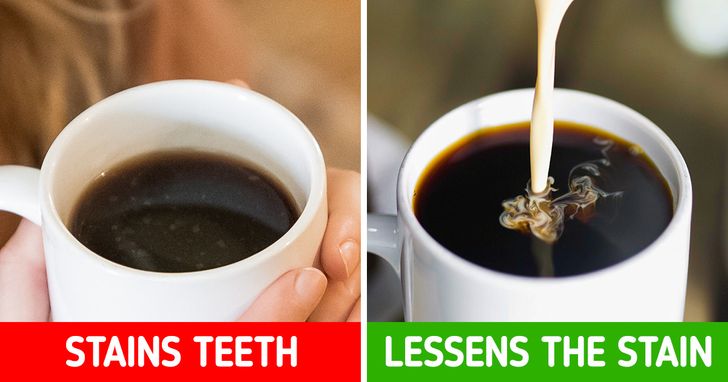
Coffee and tea are beloved morning staples, but their high acidity and tannin content can erode enamel and cause unsightly stains. A simple trick: add a splash of milk to your cup. Dairy milk is rich in calcium and casein proteins, which help:
Neutralize acidity: Calcium buffers pH levels in your mouth, reducing enamel demineralization (Journal of the American Dental Association).
Strengthen enamel: Casein forms a protective film on tooth surfaces, enhancing resistance to acid attack (International Dairy Journal).
Reduce staining: The fat content in milk binds to polyphenols (the staining compounds) in tea and coffee, minimizing discoloration (Food Chemistry).
For those who prefer plant-based alternatives, fortified almond or soy milk can offer similar benefits—look for versions enriched with calcium and vitamin D. Pair this hack with using the best electric toothbrush for maximum plaque removal, and you’ll protect your enamel and keep your smile bright without pricey teeth whitening cost procedures.
Harness Bromelain Power: Eat Pineapple for Natural Teeth Cleaning

Pineapple isn’t just a tropical treat—it’s loaded with bromelain, a natural enzyme that gently breaks down plaque and reduces inflammation in your gums. Here’s why you should snack on fresh pineapple:
Enzymatic plaque control: Bromelain degrades the protein matrix of dental plaque, making it easier to remove with brushing (Journal of Oral Biosciences).
Anti‑inflammatory action: Bromelain reduces gum swelling and bleeding, helping prevent gingivitis and periodontal disease.
Vitamin C boost: Pineapple is rich in vitamin C, essential for collagen synthesis and gum health (National Institutes of Health).
Enjoy ½ cup of fresh pineapple daily after meals to aid natural teeth cleaning. Avoid canned varieties with added sugar. Combine this habit with regular flossing and consider investing in dental insurance to cover preventive cleanings—another key step in avoiding costly oral surgery down the road.
Avoid DIY Whitening: Why You Shouldn’t Whiten Your Teeth at Home
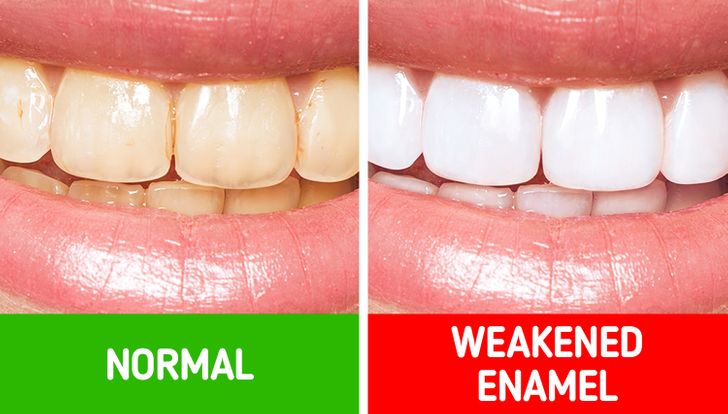
At‑home whitening kits and DIY remedies (like baking soda or lemon juice) may promise a brighter smile, but they can backfire—causing enamel erosion, gum irritation, and heightened sensitivity. Instead:
Skip abrasive powders: Baking soda’s high abrasiveness can wear down enamel, increasing the risk of cavities and root exposure (Journal of Dentistry).
Dodge acidic rinses: Lemon juice drastically lowers mouth pH, demineralizing enamel and leading to long‑term damage (Caries Research).
Opt for professional guidance: If you’re concerned about discoloration, consult your dentist for safe in‑office whitening or dentist‑prescribed take‑home trays.
By avoiding harmful DIY whitening, you protect your enamel and reduce the need for expensive dental implants cost later. Instead, focus on stain‑fighting toothpaste with low abrasivity (RDA ≤ 70) and maintain biannual professional cleanings under your dental insurance plan.
Stimulate Saliva Production to Prevent Cavities and Bad Breath
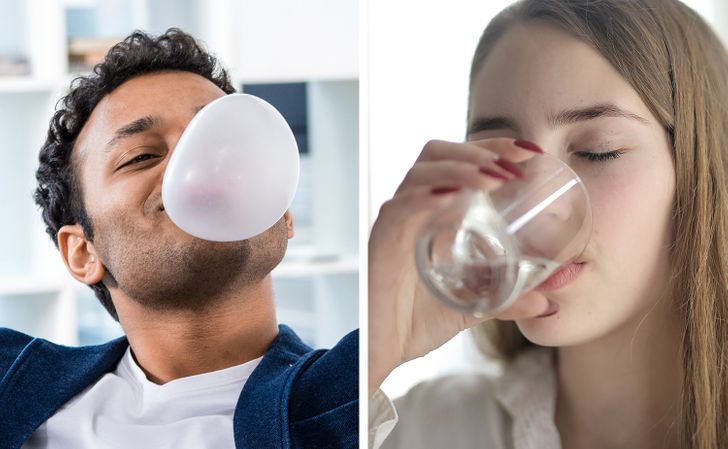
Saliva is your mouth’s natural defense system: it neutralizes acids, washes away food particles, and supplies minerals for enamel remineralization. Low saliva flow (xerostomia) can lead to tooth decay and halitosis. To keep your spit flowing:
Chew sugar‑free gum: Xylitol‑sweetened gum increases saliva and inhibits cavity‑causing bacteria (Cochrane Review).
Stay hydrated: Aim for 8 glasses of water daily; dehydration reduces saliva volume (Journal of the American Dental Association).
Include crunchy fruits and vegetables: Apples, carrots, and celery naturally stimulate saliva and mechanically clean teeth (Nutrition Journal).
Limit caffeine and alcohol: Both can contribute to dry mouth; if you enjoy coffee, alternate with water or chew gum afterward.
A robust saliva flow reduces your reliance on periodontal disease treatment and root canal treatment by maintaining a balanced oral microbiome and keeping enamel strong.
Protect Enamel: Use a Straw When Drinking Acidic and Sugary Beverages
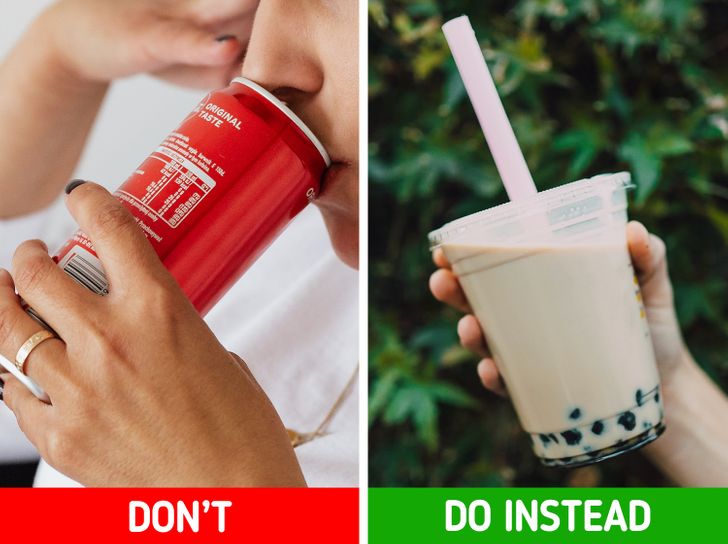
Sipping sodas, sports drinks, or fruit juices through a straw may seem trivial, but it can shield your teeth from direct acid exposure. Here’s how to do it right:
Position the straw: Aim it toward the back of your mouth to minimize contact with front teeth.
Choose reusable silicone or stainless‑steel straws: These eco‑friendly options avoid microplastics and provide a consistent flow.
Limit sipping duration: Prolonged sipping keeps acid in contact with enamel longer; finish your drink within 10–15 minutes.
This simple straw hack helps prevent enamel erosion and reduces the frequency of orthodontic treatment for enamel damage. For extra protection, rinse with water immediately after drinking acidic beverages to neutralize pH levels.
The Importance of Brushing Your Teeth Before Bed

Brushing before sleep is arguably the single most important step in any oral hygiene routine. Overnight, your mouth produces less saliva, allowing plaque acids to attack enamel unchecked. A thorough bedtime brushing:
Removes plaque buildup: Eliminates bacteria that feed on food debris, preventing cavities and gingivitis (American Dental Association).
Delivers fluoride protection: Fluoride toothpaste strengthens enamel and remineralizes early decay spots (Centers for Disease Control and Prevention).
Freshens breath: Eliminates odor-causing bacteria, reducing morning bad breath.
Use a soft‑bristled brush and gentle circular motions for two minutes. Consider a smart toothbrush with a timer and pressure sensor to avoid over‑brushing, which can damage gums. Finish with a fluoride mouthwash to reach areas your brush may miss.
Conclusion
Preventing cavities, gum disease, and costly procedures like oral surgery or periodontal disease treatment starts with daily habits. By adding milk to your coffee, snacking on pineapple, steering clear of DIY whitening, keeping saliva flowing, using straws, and brushing before bed, you’ll fortify your enamel, maintain healthy gums, and dramatically reduce dentist visits.
Ready to safeguard your smile and your wallet? Start incorporating these six dental care tips today—and share your progress in the comments below!
